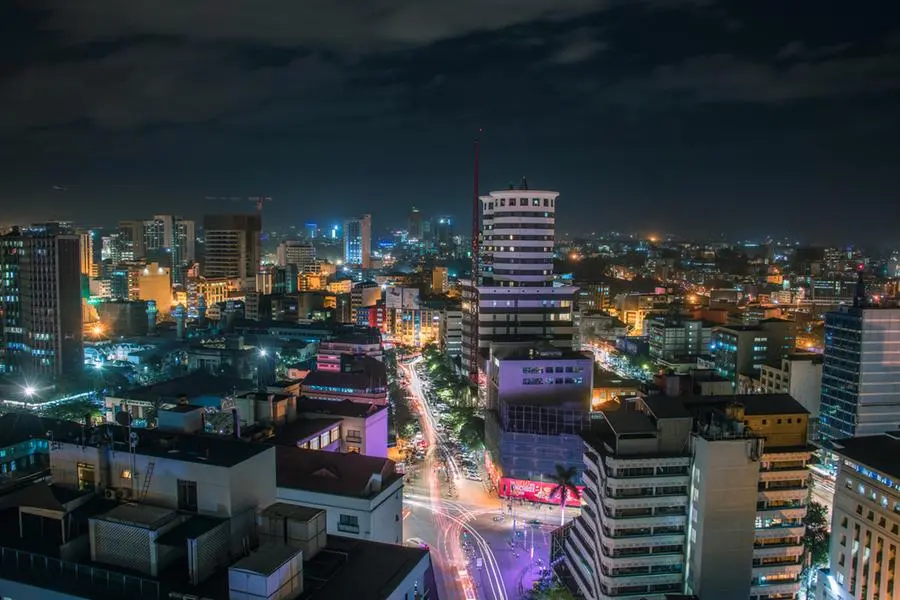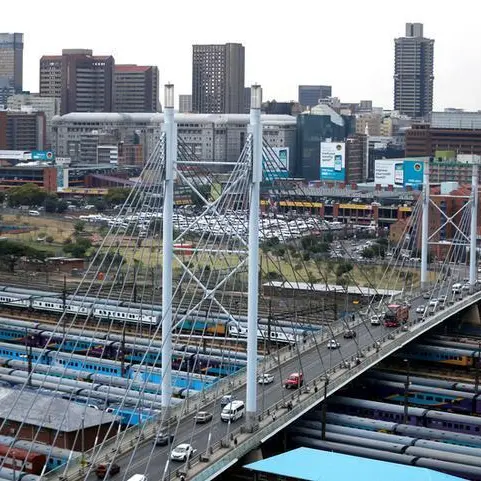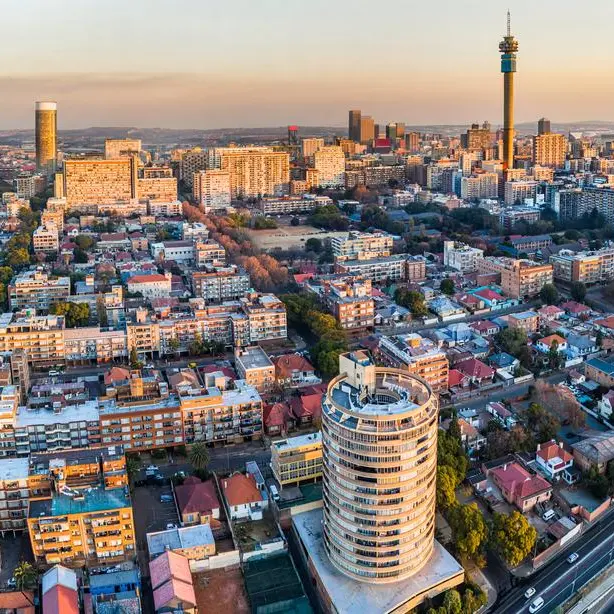PHOTO
Debt restructuring is an issue very close to the heart of Ameenah Gurib-Fakim, the first woman to be elected President of Mauritius.
For her, the push for debt restructuring is one of the ways to achieve Africa’s sovereignty. She contends that the call for restructuring is a call for fairness.“There is a call for addressing the dignity of these countries, so that they are not perceived to be going around with a begging bowl but really operating in a system where there is fairness in terms of allocation of loans, or whatever it is which would go towards the development in the country,” she said recently in Nairobi.
Gurib-Fakim was one of the former African heads of state who launched the African Leaders Debt Relief Initiative (Aldri), which aims to push for an overhaul of the global lending system to unlock debt relief and fairer borrowing terms for developing countries, particularly in Africa.“We just don’t want flag independence, we want true independence,” she said during her visit to Nairobi to attend the CGIAR Science Week.
Days before her visit, Kenya’s National Treasury was forced to withdraw a social media post suggesting that Cabinet Secretary John Mbadi had held talks with Chinese officials on the possibility of restructuring Kenya’s debt from China.
Spooked investors, the issue of debt restructuring has been a sensitive one for Kenya, particularly after Nairobi entered the international capital markets by issuing its first Eurobond in June 2014.
Since then, Kenya has found itself dictated by the whims of the global financial markets, as any sentiment, including from the headlines of local dailies, is likely to spook investors.
When investors are scared, they demand a higher yield to compensate for the increased risk of default by the borrower.
A higher yield means that when the country goes back to the market to borrow and repay a maturing debt, its cost of borrowing goes up.
Due to the adverse effects of the Covid-19 pandemic, countries such as Ethiopia, Zambia and Ghana have sought debt restructuring under the G20's Common Framework for Debt Treatments beyond the Debt Service Suspension Initiative.
Read: Ethiopia's road to debt restructuringGhana has restructured its debt. In 2022, Accra defaulted on most of its external debt, including Eurobonds.
In January 2025, Ghana announced that all 25 participating creditor countries had signed a memorandum of understanding with the Official Creditors Committee (OCC), providing a framework for implementation of the terms through bilateral agreements.
This agreement aims for a debt service relief of $2.8 billion over the life of the IMF-supported programme.
Kenya, whose external position was also affected by the pandemic, had the opportunity to restructure but refused to do so, a snub that scholar Michael Chege recently described as “arrogance.”“I know we want to have a reputation as a country that does not have debt restructuring,” said Prof Chege in a recent interview, adding that in 2022 he watched in utter disbelief as Kenya missed an opportunity to restructure its debt and get some breathing space.
The country had approached the Paris Club of creditors three times since 1990 to seek debt relief and a rescheduling of its external debt.
Kenya has also received debt relief from the London Club creditors. In 1998, the London Club creditors rescheduled Kenya’s debts amounting to $70 million over 10 years, including a three-year grace period, at prevailing market interest rates.
In 2003/04, about $23 million of debt owed to London Club creditors was rescheduled over two years at prevailing market interest rates.
Some of the bilateral debt cancellations that Kenya has received have come from Finland, the Netherlands and China in various past years.
In 2006, Kenya entered into a debt-for-development swap agreement with the Italian government amounting to $44 million.‘Refinance expensive debt’Today, as much as the country needs debt restructuring, as loan repayments continue to take a big chunk of Kenya’s revenues, the role of international investors and credit rating companies present a dilemma.
Ken Gichinga, an economist, thinks the debt restructuring should not be one of the routes out of Kenya’s financial straits.“As global interest rates continue to drop, there is an opportunity to refinance expensive debt with cheaper options,” he said.“This is the only viable option. Any other strategy might spook investors and raise the risk profile of the country,” added Gichinga, noting that, ultimately, the real solution lies in changing the tax policy.
Yet restructuring of debt has always been in the cards for Kenya.
In October 2023, the then Deputy President Rigathi Gachagua told the AFP that President William Ruto would travel to China and seek “more time to repay the debt slowly” and $1 billion to complete the road projects delayed by financing shortfalls.
In the aftermath of the Covid-19 pandemic, the former President Uhuru Kenyatta’s government came up with the Kenya Post-Covid Economic Recovery Strategy that included debt restructuring, noting that the country had limited space for additional borrowing.“To address this, the National Treasury will prepare a debt restructuring strategy covering commercial and bilateral creditors. This will ease fiscal pressure from expensive external commercial debt servicing and decrease issuance of shorter-dated domestic government paper to reduce refinancing risk and the public debt burden,” the Treasury said.
But the country has continued to pay most of its debts, including a $2 billion Eurobond that matured in June last year.
Kenya’s debt is in high distress, having moved from moderate, as the country breached most of the critical debt sustainability indicators, including external debt service as a ration of income from exports.
© Copyright 2022 Nation Media Group. All Rights Reserved. Provided by SyndiGate Media Inc. (Syndigate.info).





















